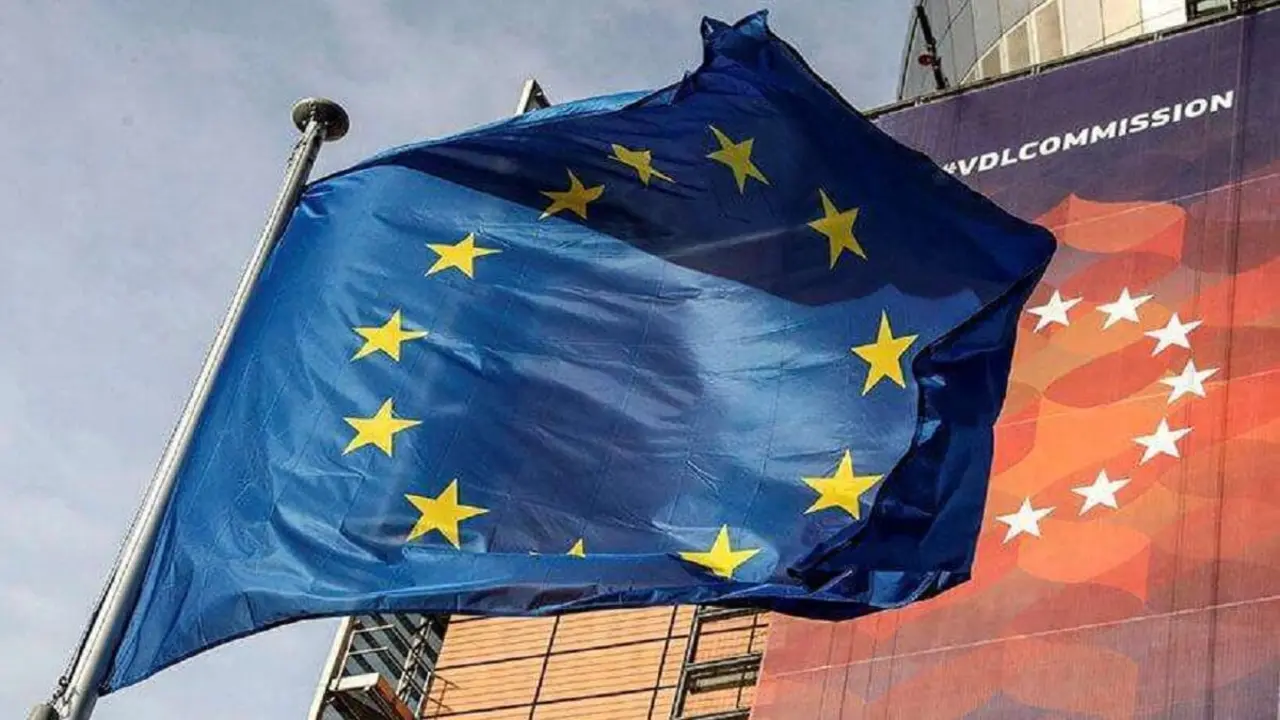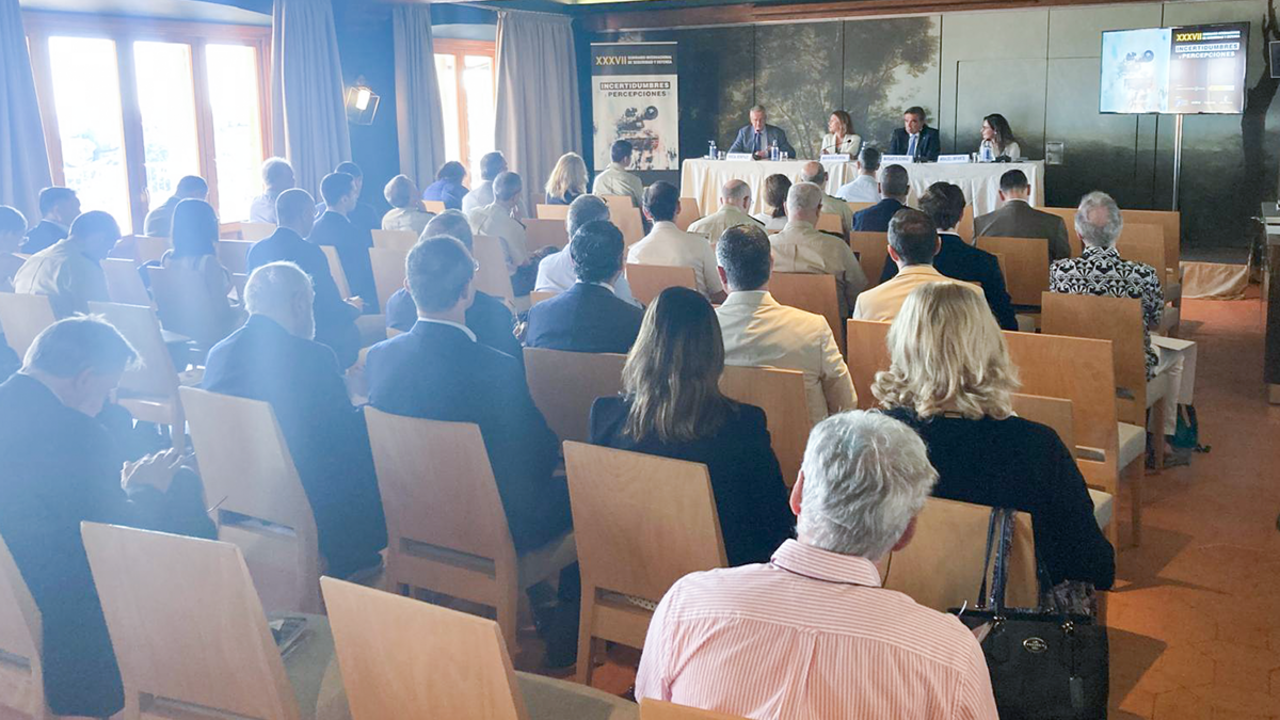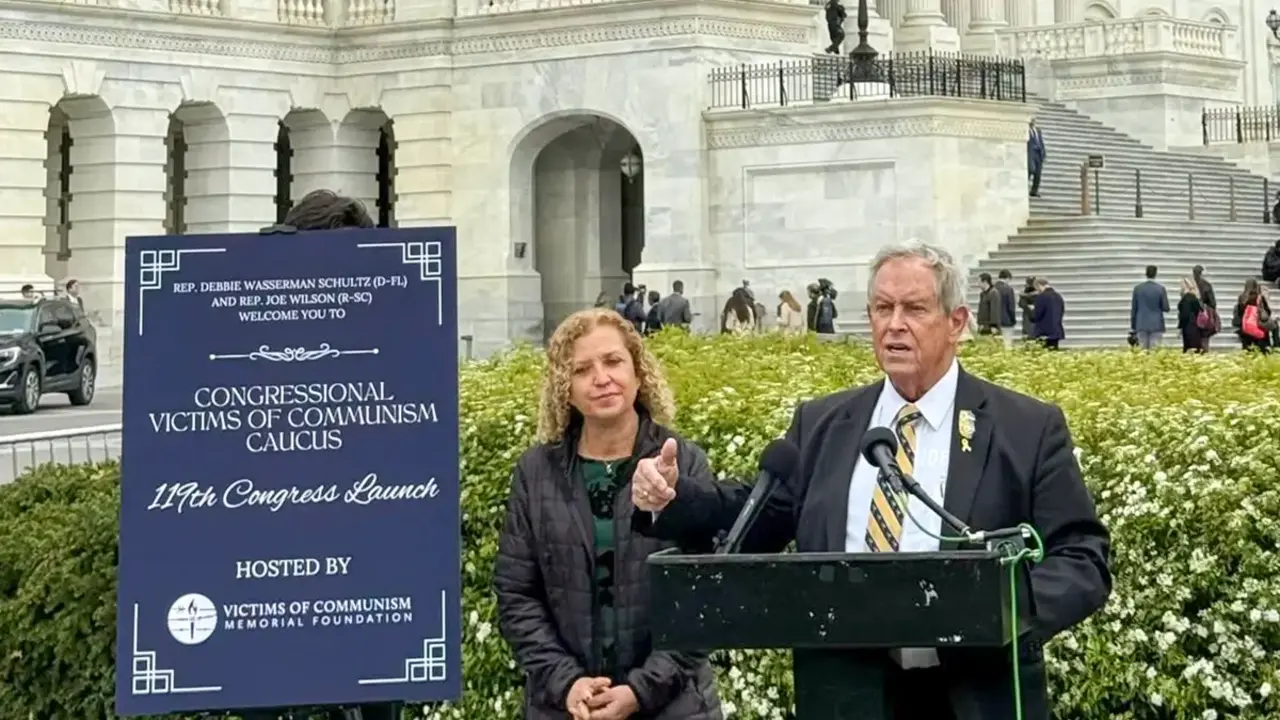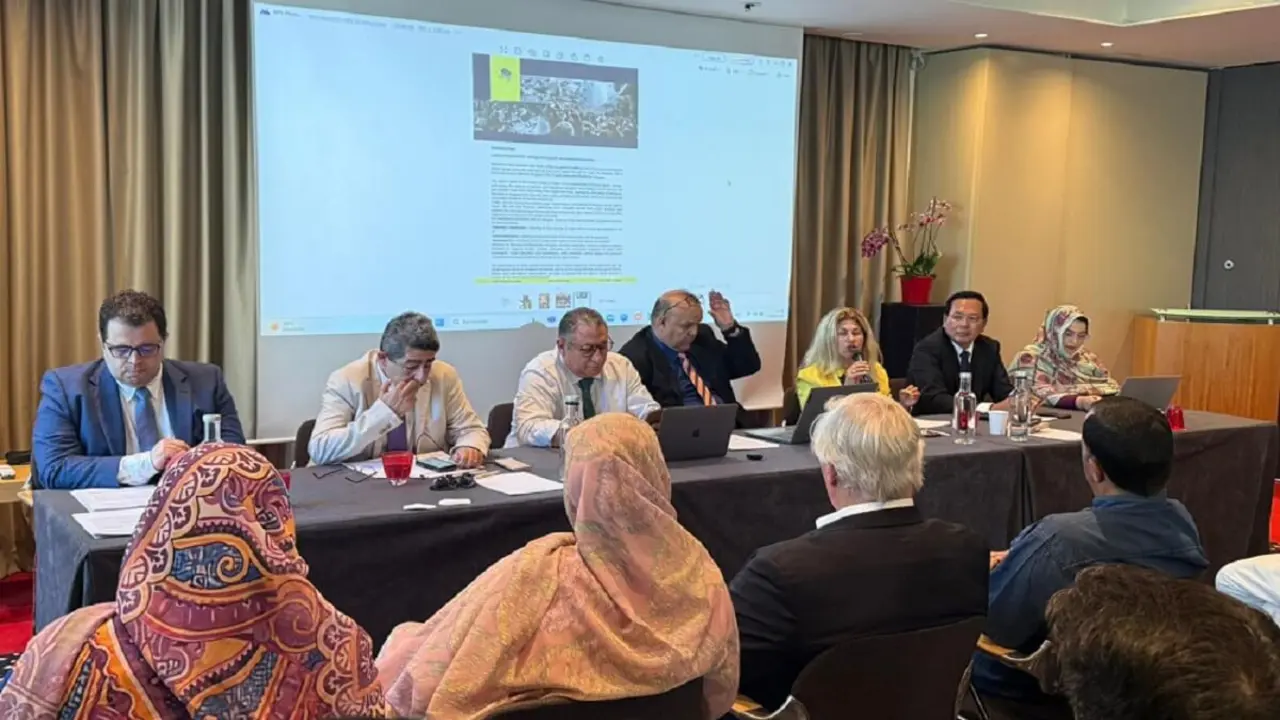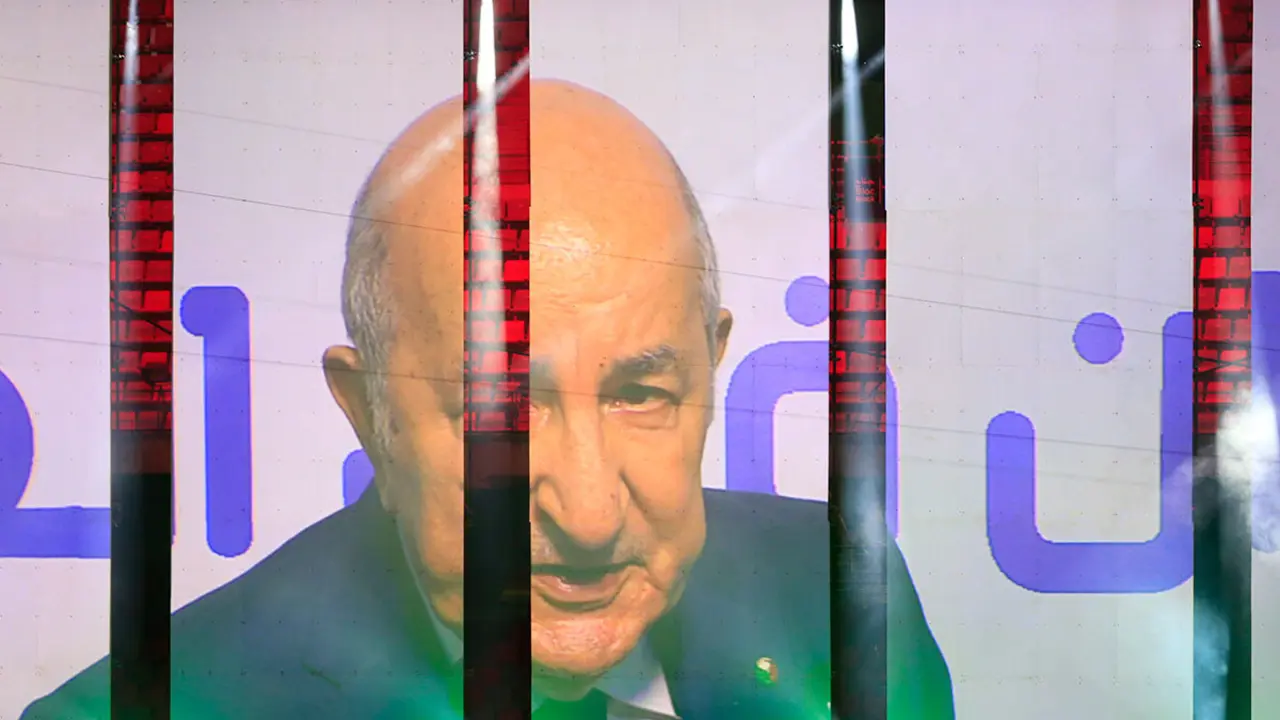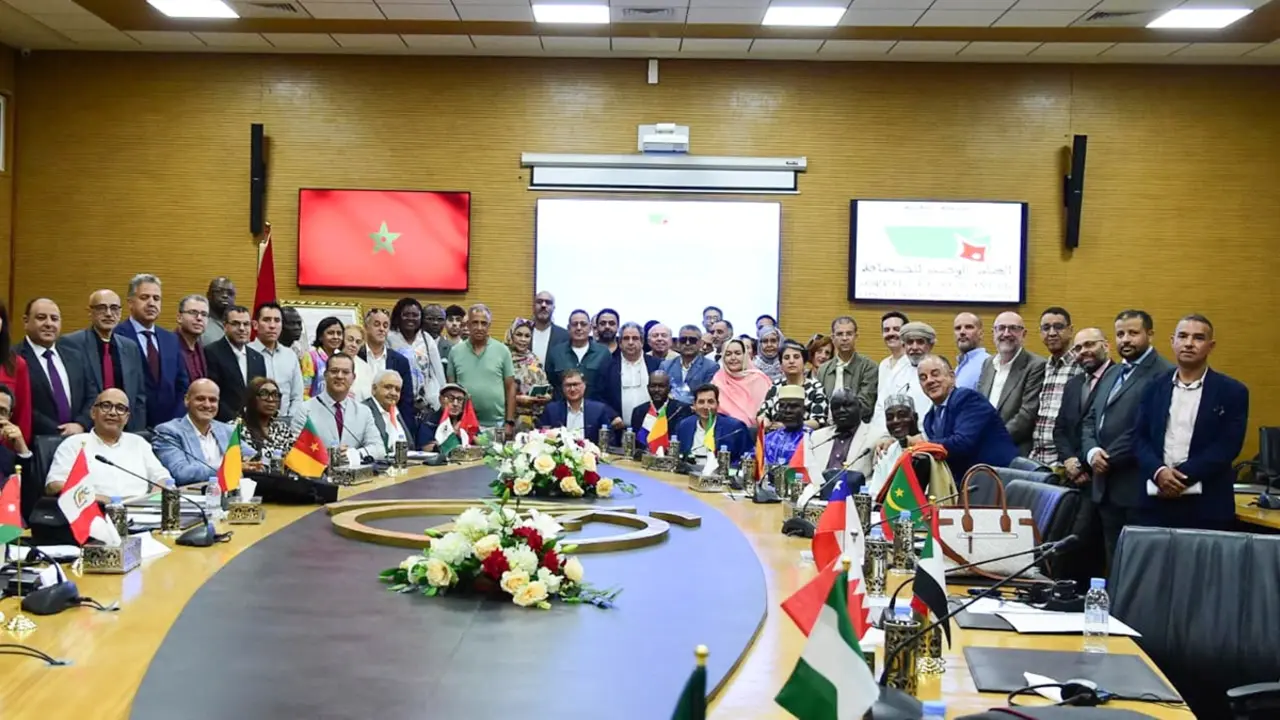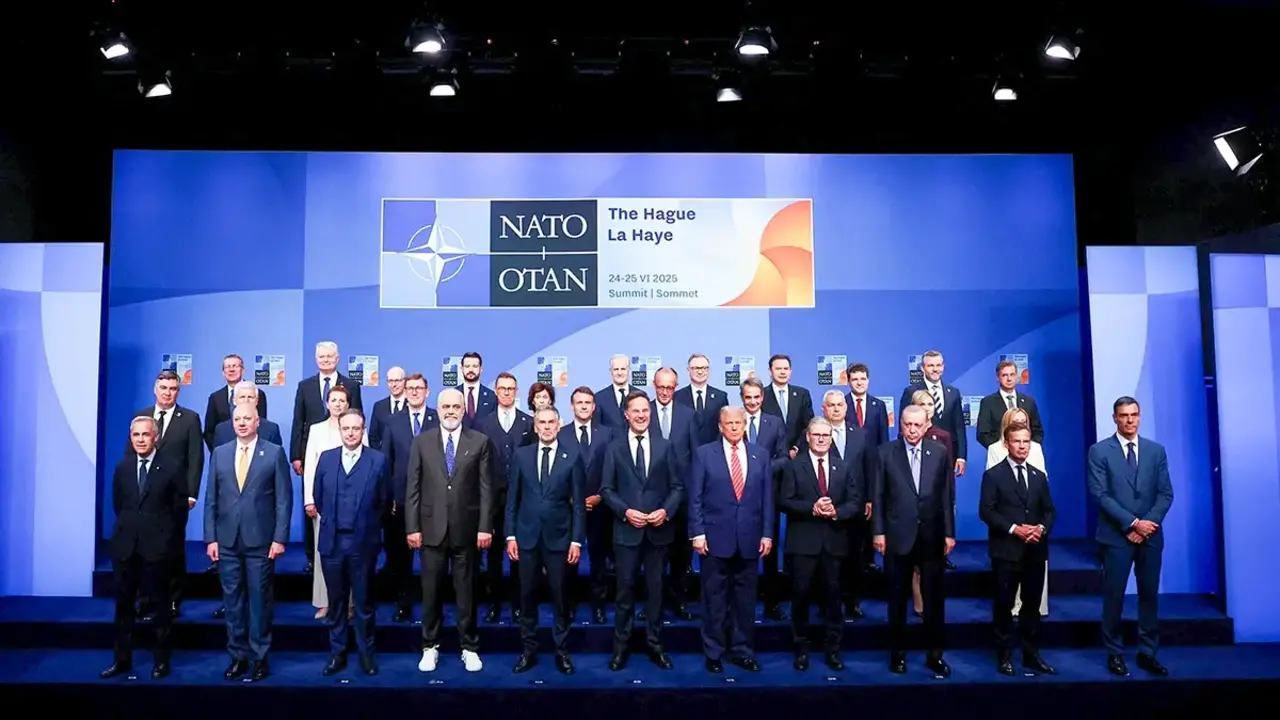SUDÁN: African Union Election Observation Mission to the April 2015 General Elections in the Republic of Sudan

Olusegun Obasanjo, Head of the African Union Election Observation Mission to Sudan 2015 General Elections
AUEOM is satisfied that voting went on peacefully in Sudan; calls on Sudanese political leaders to strive for genuine and inclusive national dialogue after the elections.
At the invitation of the Government of the Republic of Sudan and the National Electoral Commission (NEC) of Sudan, the Chairperson of the African Union Commission, H.E. Dr. Nkosazana Dlamini-Zuma, deployed a 20 member African Union Election Observer Mission to the 13-16 April 2015 General Elections in the Republic of Sudan in accordance with the African Charter on Democracy, Elections and Governance (2007) and the OAU/AU Declaration on the Principles Governing democratic elections in Africa (2002).
The AU deployed a Pre-election Assessment Mission in March 2015, which submitted its report to the AU’s Peace and Security Council (PSC). In spite of the pre-election assessment report, the AU made a decision to send an election observation mission because the AU considers it important to maintain contact given its role in the peace process and national dialogue in the Republic of Sudan.
The AUEOM acknowledges receipt of a report from Amnesty International (AI) that outlines some issues relating to human rights suppression in the Republic of Sudan.
The Mission made effort to disseminate this report to all its observers before deployment. The AUEOM also took note of the Report of the AU Pre-election Assessment Mission, which undertook activities from 1 – 10 March 2015. The report by the pre-election assessment mission also points to a number of basic freedoms and human rights not being adequately respected in Sudan 1 . Noting these concerns, the AUEOM is of the opinion that the freedom and fairness attached to the 2015 elections in Sudan would have been enhanced had these basic freedoms and human rights been fully respected.
The Mission notes the explanation given by authorities from the Government on the issue of addressing security challenges in the country. While the explanation seems valid given the state of emergency in some parts of the country, the Mission notes some of the measures adopted may have impacted on freedoms and human rights, which should have helped the quality of the process of the elections.
However, this report represents the Mission’s preliminary findings from the time of deployment up until 16 April, 2015. The Mission will continue to observe the post- electoral developments and a final report will be released upon the conclusion of the electoral process.
The Mission’s assessment of the elections is based on the actual findings and report by the short-term observer teams who were deployed in various states to observe
Voting and counting
The AUEOM is satisfied that most of the polling stations opened within the stipulated
time of 8a.m. In certain instances, there were slight variations and delays which did not compromise the opening of the poll or the overall time allocated for voting. The delays were mainly due to the late arrival of officials.
Most of the polling stations were conveniently located within easy access by voters.Polling stations were clearly marked and easily identifiable. For the most part, the polling stations were located in public places.
The Mission was satisfied that the layout of the polling stations was sufficient to guarantee the secrecy of the vote and enhance transparency in the process.
Most of the polling stations visited had an almost equal number of registered voters, and the mission noted that the registered voters per polling station were quite manageable.
In all the polling stations visited, the Mission noted the adequacy of election materials and there was no incident reported of insufficient materials at the polling stations, save for logistical challenges experienced in Al Gezira.
The Mission observed that there was a generally low turnout of voters throughout. The Mission noted that major opposition parties and some civil society organisations had boycotted and also campaigned for a boycott of the 2015 General Elections. It is not unlikely that the boycott has had some effect on the turnout of voters.
The Mission noted the need to enhance harmonisation of implementation of electoral procedures through continuous training of polling personnel.
Women were well represented on Election Days in various capacities. The Mission noted the impressive participation of women in the process on Election Days as polling officials, security officials, agents and voters.
The Mission noted that the 2015 General elections in Sudan did not attract a lot of international observers. Specifically, AU observers noted the presence of only the
following groups: Common Market for Eastern and Southern Africa (COMESA), Inter-Governmental Authority for Development (IGAD), the League of Arab States (LAS) and the Chinese observer delegation.
The Mission further observed that there were very few domestic observers despite indications that many organisations and institutions had been accredited by the NEC.
Political parties and candidate agents were also very few and in most polling stations visited mainly representatives of National Congress Party (NCP) were present.
The Mission notes that the polling process was generally peaceful save for a few security incidents reported elsewhere. The Mission therefore commends the people of Sudan for their peaceful conduct. The Mission, however, notes the continuing insecurity in some parts of the country, namely in parts of Darfur, South Kordofan and Blue Nile states. Indeed elections were postponed in parts of these conflict areas.
In a brief circular sent to the AUEOM, the NEC announced that voting has been extended for one day throughout the country except in the Al-Gezira state, where voting was extended for two days. The voting period was also extended on the second day from 6:00pm to 7:00pm. The Mission notes that the extension of voting in Al- Gezira state was due to logistic challenges. The Mission notes, however, that the extension for the whole country was to allow more voters to cast their ballots due to the generally low turnout.
The political dynamics of the 2015 electoral process highlighted the fact that Sudan still faces serious challenges to democracy building and national reconciliation. The Mission notes that in the interest of democratic consolidation in Sudan, the respect for fundamental freedoms and human rights must be strengthened 3 . In this regard the Mission makes the following recommendations:
- The Mission encourages the Government of the Republic of Sudan to sustain efforts that will ensure electoral security at all times in all parts of the country.
- It recommends that the NEC takes measures to reinforce training of its personnel to enhance harmonised implementation of electoral procedures.
- The Mission further recommends Parliament undertakes legal reforms that enhance the independence of the NEC as well as the capacity and independence of human rights protection institutions.
- The AUEOM advises that this election should not be a barrier against moving dialogue forward, which should be all-inclusive to ensure political stability and social cohesion, as well as popular participation for all the people of Sudan.
- Amnesty International pointed the attention of the Mission to suppression of human rights, which no doubt constrained and restrained participation in the electoral process. Removal of such constraints would no doubt had enhanced the level of freedom and fairness of the elections.
- Security concerns and on-going conflict in Darfur, South Kordofan and Blue Nile states needs to be given serious attention, and must be expeditiously addressed side by side with the political and social dialogue. This can be done in such a way that the dialogue and the addressing of the conflicts can mutually complement each other, thereby leading to complete peace, security, harmony and political stability as foundations for development and as solutions for all-inclusive development and progress.
The African Union Mission hereby clarifies that this is a preliminary statement based on observations and consultations undertaken up to 16 April 2015, while polling was still on-going in some areas like Al-Gezira state. The AU will release a more detailed final report with recommendations that will be shared with the Sudanese authorities and availed to the general public through the African Union Commission’s website within a month’s timeframe.
Everything taken together, the AUEOM reached the conclusion that the results of the election would reflect the expression of the will of the voters of Sudan.


